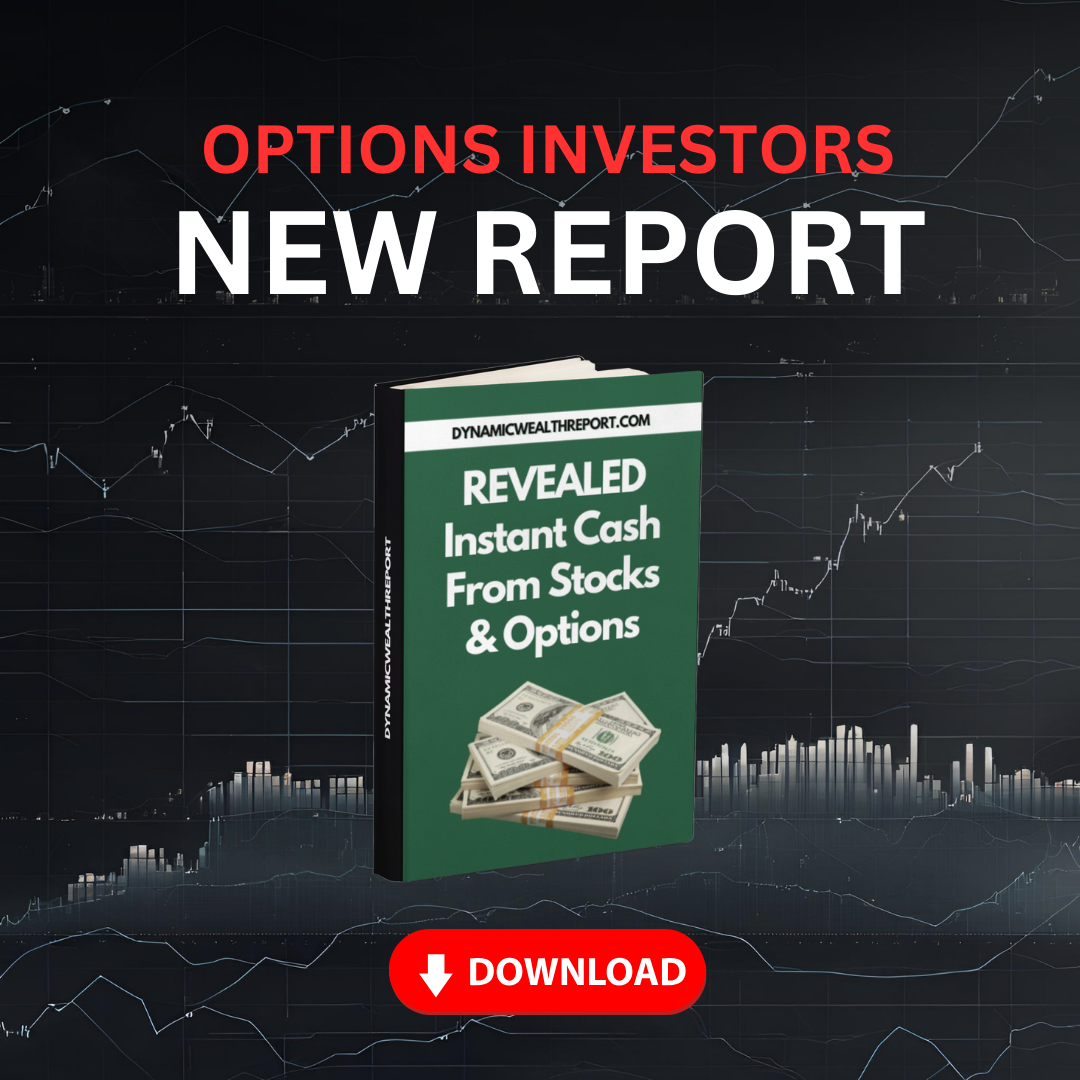About Us
Welcome to Pro Trader Today!
The world has changed in very significant ways over the last year or two. Most people can’t exactly put their finger on it, but the fact is, we are at the end of an era.
The rising tide that started with the fall of the Soviet Union and accelerated with the proliferation of the internet and the emergence of China has hit its high water mark and begun to recede.
The ties that have bound the world's economies together for 30 years are frayed beyond repair. The war in Ukraine and China’s ambitions mean one thing: Globalization is over. International trade is permanently fractured. The investment landscape has already changed. And bigger changes are coming. Individual investors will face unexpected risk and undiscovered opportunity in the months and years ahead.
Because, for decades, America has been happy to let the rest of the world (mostly China) handle our own manufacturing and supply chain demands. But it’s become crystal clear that it’s simply not OK to have manufacturing and supply chains so dependent on unfriendly countries like China. So it’s all coming home…
I’m calling this change the Second American Industrialization.
I’ll give you a rundown on the Second American Industrialization in just a minute. First, let me introduce myself…
My name is Briton L. Ryle. You might recognize my name and know my work. I’ve been in this business a long time – 25 years. And I’ve helped hundreds of thousands of individual investors secure their financial freedom with leading edge stock recommendations and profitable insights.
You might have seen my analysis featured in Forbes, Wealth Daily, Energy & Capital, TheStreet.com and The Daily Profit. Maybe you’ve seen me in person, presenting at investor conferences in New Orleans, or Orlando, or Los Angeles or Toronto.
I won’t be as visible as I once was. A little over a year ago, I thought I was retiring at the age of 57. I donated all my suits to Goodwill, pulled my name off the list of speakers for the big investor conferences, and left the big city for Southern Georgia. My plan was to retire to the banks of a deepwater tidal creek that splits off from the St. Mary’s river as it enters the Atlantic between Cumberland and Amelia islands… and trade stocks and options when I felt like it.
Unfortunately for my retirement, I have a calling in life. I can’t stand it when I see big Wall Street firms trample regular investors in order to enrich themselves and their elite clients. It happened during the internet bubble, it happened during the great financial crisis and it’s happening again right now, at the outset of the Second American Industrialization.
For instance, I keep seeing a headline from a major investment publication: 5 Chinese Stocks to Buy and Hold.
Are they kidding?? Are they unaware that the U.S. and China are in the first stages of all out economic war??
Of course they do! But you know that rule about yelling FIRE! in a crowded theater? Well, Goldman Sachs owns 25 million shares of Chinese e-commerce company Alibaba (NASDAQ: BABA), worth about $1.8 billion. A couple months ago, those shares were worth almost $3 billion.
Do you think Goldman Sachs will be honest about the risk the U.S./China trade war poses for stocks like Alibaba before they themselves take action to lessen their own exposure? Wall Street isn’t going to start a panic about Chinese stocks and drive prices lower until they’ve made their moves. They need you to believe that everything is hunky dory.
And the same thing goes for the Second American Industrialization. They’re not going to publicize the inevitable changes that are already underway.
But I will.
The Second American Industrialization will mean great opportunities in areas like manufacturing. I see boom times ahead for 3D printing, robotics, industrial software and skilled workers as we build the factories of the future. And there are huge opportunities for mining rare earths, lithium and other minerals – things we’ve relied on China to supply for far too long. The next generation of semiconductors will be made here in the United States
The biggest risks will be faced by multinational companies, who have depended foreign end markets for a big chunk of their revenue and growth. Once again, China is the most significant. Think about companies like Tesla (NASDAQ: TSLA) and Apple (NASDAQ: AAPL), companies that not only sell a lot of products in China, but also have massive supply chain exposure in China…
The risk for these companies is huge – they could lose 20%-30% of their annual revenue. Yet no one is talking about the risk these companies could pose to individual investors. Because the regular, every day investor is always the last to know. Goldman Sachs, JP Morgan and all the rest save this kind of high-level analysis for the big time clients.
So that’s my mission. I’m publishing my research, insights and analysis about the Second American Industrialization three times a week, for free, right here, at Pro Trader Today.
A Brief History of my Investment Recommendations
Well before most people realized that data-centers were ground zero for the emerging cloud revolution and pure gold for investors, I recommended data-center REIT Coresite (NYSE COR) at $33 a share to my subscribers. The company was paying an annual dividend of $1.40 per share at the time.
By the time American Tower (NYSE: AMT) acquired Coresite at $170 a share, the dividend had risen 262% to $5.08 a share. Total gains including dividends was over 500%.
I recommended customer communication platform company Twilio (Nasdaq: TWLO) at $31 a share. This was well before most investors understood just how ubiquitous Twilio’s technology is. Shares topped out at $394 before the bear market struck, good for a 1,170% gain.
I recommended Teledoc (Nasdaq: TDOC) at $59 a share in August, 2019. 5 months later, Teledoc was a pandemic darling, shares ran as high as $263. A guru has to know when to sell, and I recommended selling TDOC shares at $200. Today, the stock is a complete disaster at $31 a share. Get in, get out, nobody gets hurt.
Chewy (Nasdaq: CHWY) was another pandemic darling that I recommended at $26.50 in October 2019, again just months before the pandemic hit. Chewy shares topped out at $118. Disclaimer: I can’t actually see the future, I just have good instincts and good timing.
I recommended genetic-testing company Invitae (Nasdaq: NVTA) to my subscribers on two separate occasions. The first time we bought at $6.55 and sold at $9.55 for 45% (not so impressive, I know). But I recommended it again at $12.57 and it ran up to $58.20 (which is more impressive). A guru also has to know when an opportunity has not been exhausted.
The uninitiated are sometimes enthralled with smaller companies that seem to have a world of opportunity in front of them. But often, the best investment decision is to buy the 800 lb gorilla in the space. Such is the case with the cybersecurity sector. I recommended Palo Alto Networks (Nasdaq: PANW) at $138, high for the stock is $626 a share. And shares have been virtually unaffected by the bear market.
I recommended Maxar Technologies (Nasdaq: MAXR) at $9 a share, it ran to $54 before the bear market hit.
I recommended Micron Tech (NYSE: MU) at $15, stock topped out at $97.
It is my pleasure to share more stock recommendations like this with you.
Briton L. Ryle

